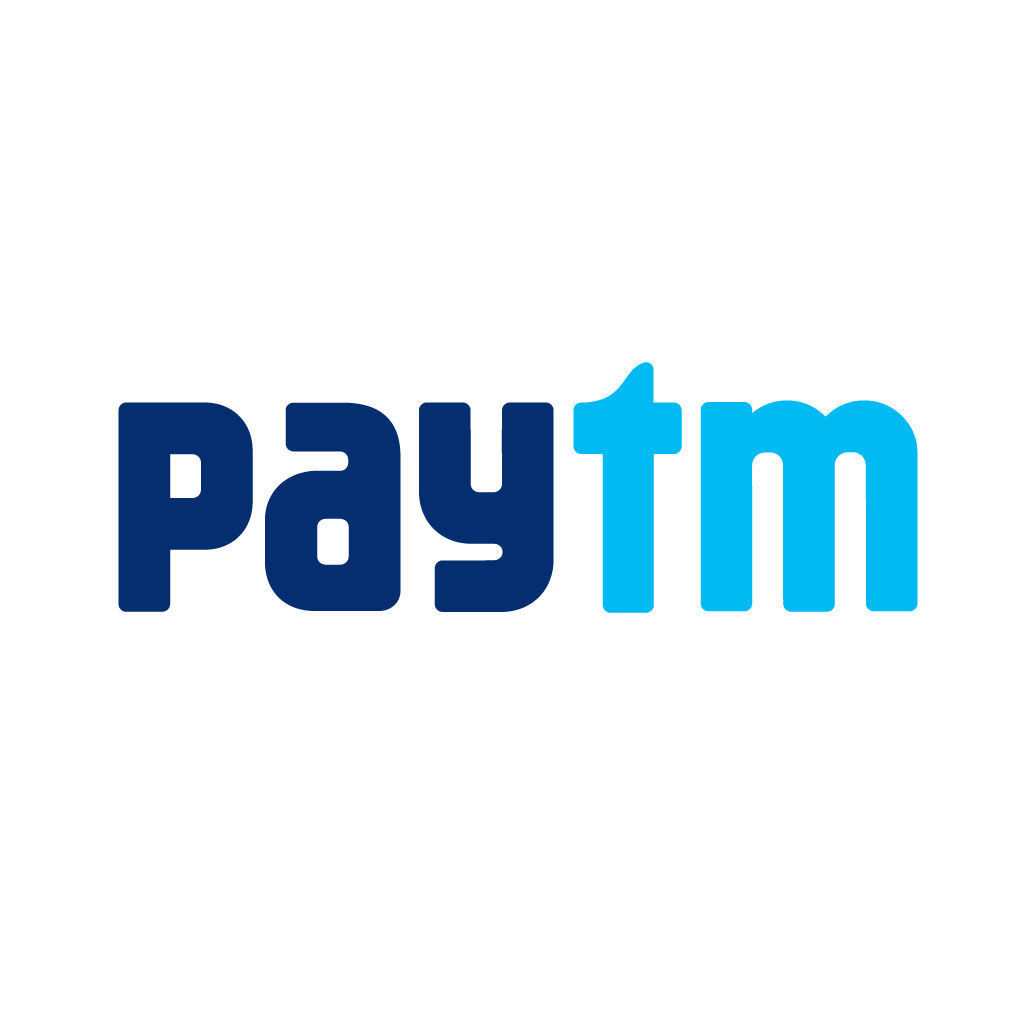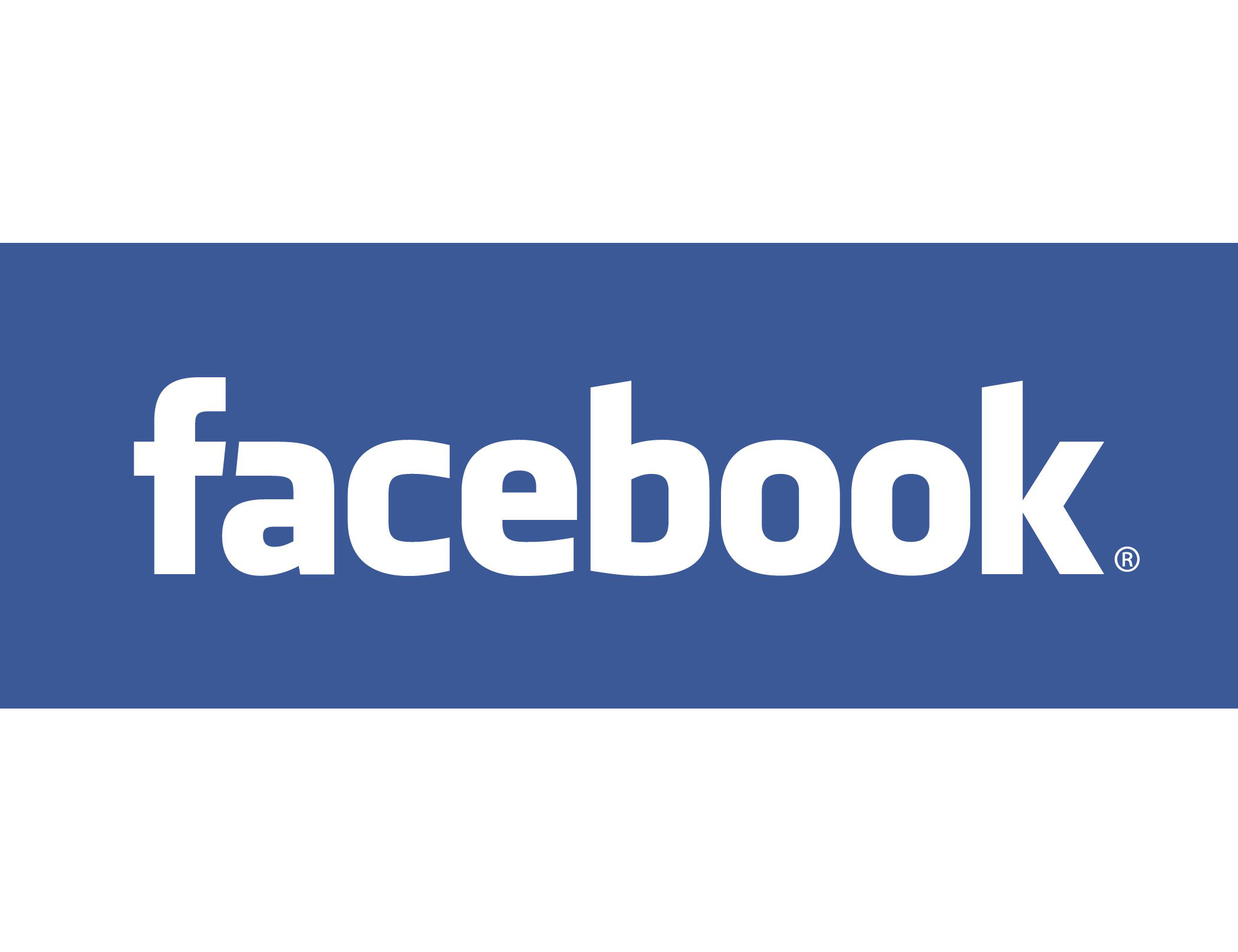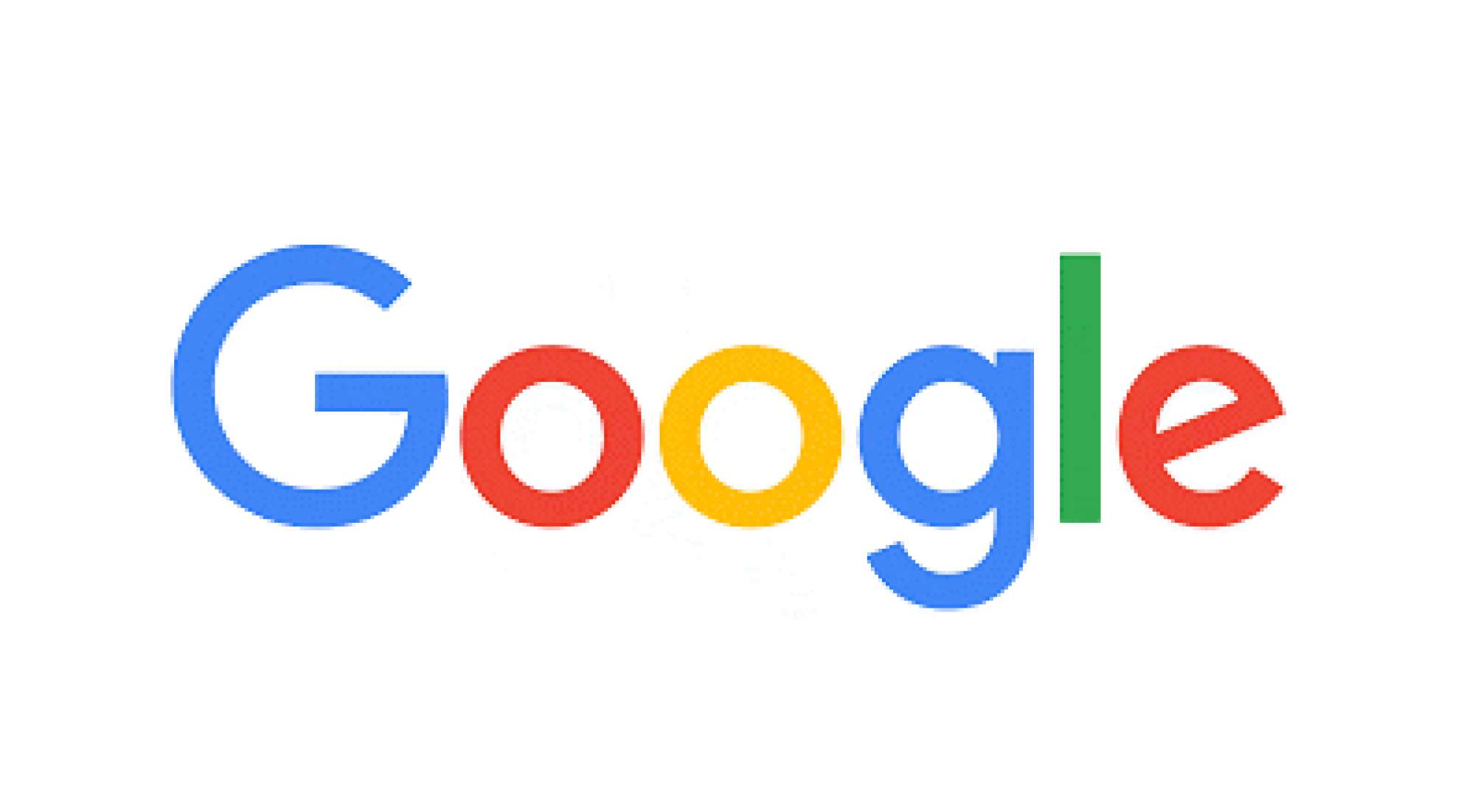
One company which has benefited tremendously from the process of demonetisation initiated by the Narendra Modi government has been Paytm. In fact, recently, the annual party speech video of the company, in which an overexcited Paytm CEO Vijay Shekhar Sharma can be seen speaking to his employees (to put it very mildly), went viral. The attitude of Sharma in the video did not go down well with whosoever saw it.
Indeed, the rise and rise of Paytm is worrying, simply because government actions are helping build a private monopoly in the finance sector. I had first written about this in the Vivek Kaul Letter, but given the importance of this issue, I am writing this for the Diary readers as well.
In early December 2016, around three weeks after demonetisation was announced, I had to run an errand and ended up paying Rs 650 in cash. But before I paid the merchant in cash, I had a very interesting conversation with him, which is worth recounting here.
“You don’t have Paytm?” I asked, hoping that I could simply transfer money to him through Paytm and in the process save on my cash reserves.
“Yes, I do,” he replied, much to my surprise.
So, I immediately downloaded the app on my phone and activated it. I already had a Paytm account given that I had been using it to pay for my Uber rides. But I hadn’t used to pay for anything else before.
Once, I had downloaded Paytm, I asked for the merchant’s mobile number, which I needed to enter into the app, in order to transfer money to him.
He didn’t give me his mobile number and instead suggested why don’t I just scan and pay him. He felt that would be much easier. For the uninitiated, merchants who accept Paytm, have a code. This code is typically a part of a large sticker that has been pasted on to a wall in the merchant’s shop. The app allows you to scan this code and the payment gets made to the merchant’s account. (This like when it comes to technology needs to be tried in order to be properly understood).
I decided to scan and pay him. When I tried to do that, the payment didn’t go through. This was a little surprising, given that there was no reason for the payment to fail. I had money in my Paytm account and I was using the app properly.
It took me a few seconds to realise that the merchant did not have the Paytm app but had Freecharge instead. I pointed this out to him. His reply was very interesting. He said: “Haan mere paas Freecharge ka Paytm hai (I have Freecharge’s Paytm).”
This was a classic example of a brand representing the entire category. Dear Reader, I am sure, you would have heard of similar examples earlier as well. Like “Amul ka Cadbury (Amul’s Cadbury)” or “HDFC ka LIC (HDFC’s LIC, meaning HDFC’s insurance,” or simply “Xerox (meaning photocopy)”. Along similar lines, in the mind of the merchant, Paytm stood for the entire category of mobile wallets.
This isn’t surprising given that Paytm has been one of the biggest gainers in the aftermath of demonetisation of Rs 500 and Rs 1,000, by the Narendra Modi government. As the company said in a statement on November 29, 2016: “Paytm has registered a strong surge in online recharges on its platform post the government’s move… As millions of new consumers tried online recharges for the first time, Paytm has registered over 35 million online recharges in the last few days.”
A major reason for this huge jump was because a picture of the prime minister Narendra Modi appeared in a Paytm advertisement. Also, the fact that the Paytm is the main sponsor of Indian cricket gives them a sort of legitimacy that other wallets don’t have. Over and above this, for a period of close to two months people were short on cash.
But there is a basic problem with Paytm and other mobile wallets. As I found out, they don’t talk to each other. There is no inter-wallet clearing mechanism. Like in case of credit or debit cards I can use a credit or debit card from one bank on a point of sale machine from another bank. Hence, my HDFC debit card can be used on an ICICI Bank point of sale machine. This makes the entire system of consumer payments extremely easy given that the card and the machine need not be from the same bank.
The same logic doesn’t hold in case of mobile wallets. If I am on Freecharge I cannot use the app to pay someone who is on Paytm. To pay him or her, I also need to be on Paytm. While, technology wise this is hardly a problem because all I need to do is download the Paytm app. Nevertheless, the way digital economics work, we may end up creating a monopoly in the financial space in the form of Paytm. And any monopoly, government or private, is never good for the simple reason that monopolies rarely think about the customer. This is primarily because there is no competition that can make them think about the customer.
Before we go any further, we need to understand the concept of network effect. The best way to explain this is through the example of a telephone. As James Evans and Richard L. Schmalensee write in Matchmakers: The New Economics of Multisided Platforms: “A telephone was useless if nobody else had one. Even Bell and Watson started with two. A telephone was more valuable if a user could reach more people.”
The point being that more the number of people who had a telephone, more the number of people who would want to have a telephone. The economists call this the phenomenon of the direct network effect. This essentially means that more the number of people who are connected to any particular network, the more valuable it is to people who are already a part of it.
Here is another example. As Niraj Dawar writes in Tilt – Shifting Your Strategy from -Products to Customers “For those who want to be a part of a social network, it makes sense to congregate where everybody else is hanging out. There is only one village square on the Internet, and it is run by Facebook. Being on a different square from everyone else doesn’t get you anywhere—you just miss the party.”
I am on Facebook because everyone else is on Facebook. When was the last time you heard of Google Plus? Economist Paul Oyer makes a similar point in Everything I Ever Needed to Know about Economics I Learned from Online Dating: “The rise of the internet has made network externalities more apparent and more important in many ways…Perhaps the best example of the idea is Facebook. Essentially, the only reason anyone uses Facebook is because other people use Facebook. Each person who signs up for Facebook makes Facebook a little more valuable for everybody else. That is the entire secret of Facebook’s success—it has a lot of subscribers.”
The more the number of people on a particular network, the more the number of people who want to join it and the more valuable it becomes for those already on the network. At the same time, as one company gets bigger, it also leads to a situation where the competitors get driven out of the market.
As economist John Kay writes in Everlasting Last Bulbs—How Economics Illuminates the World: “The company that is first to create the largest network denies access to competitors and establishes an unassailable monopoly…Connectedness is vital, and it is best to be connected to the largest network.”
This explains the rise of Facebook and how it killed competitors like Myspace, Orkut and Google Plus. Or how Google killed the likes of Ask Jeeves, Alta Vista and many more. In fact, search engines like MSN and Yahoo, which have survived are barely used in comparison to Google.
So, the digital game is centred around building a monopoly and cashing in on it. As Ray Fisman and Tim Sullivan write in The Inner Lives of Markets in the context of network externality: “The bigger a company gets, the more valuable it is to each successive customer, there’s a huge premium on expanding your customer base.”
An important part of this monopoly is to ensure that the app or the website, does not talk to other apps and websites. To talk to someone on Facebook, you need to be on Facebook as well. To talk to someone on Twitter, you need to be on Twitter as well.
Along similar lines, to pay someone on Paytm, you need to be on Paytm as well.
But that is not the case with other forms of communication or making payment. Take the case of the mobile phone. Calls made from a phone connection issued by one company are not limited to only those connections issued by the same company.
As Kay writes: “The world telephone system consists of many operators, large and small. Most provide service in a particular geographical area, and connect each other call’s through negotiated access agreements.”
The same stands true for ATMs as well. Payments can be made across banks. “Today, a network of clearing and correspondent agreements ensures that you can make a payment through your local bank to anyone in the world,” writes Kay. You can withdraw money from an ATM of one bank using a card from another bank.
But this is something that is not possible in case of the web based messaging services. You cannot send a message from Facebook to LinkedIn, for example. Like you cannot make a payment from Paytm to Freecharge or any of the other wallets.
The mobile wallets need to be like email. As American writer Kevin Maney once told me: “Email is technology’s cockroach: Everyone hates it but we also can’t kill it. We can’t kill it because it’s the only communications tool since the telephone that is universal. As company walls and national borders break down in cyberspace, email is the only way we can share ideas and digital matter with nearly anyone, anywhere.”
This is how mobile payment apps need to work. They need to talk to each other. This becomes even more important once we take into account the fact that prime minister Narendra Modi already has a dream of India moving towards a cashless society.
As he said in the November 2016 edition of the mann ki baat programme: “The great task that the country wants to accomplish today is the realisation of our dream of a ‘Cashless Society’. It is true that a hundred percent cashless society is not possible. But why should India not make a beginning in creating a ‘less-cash society’? Once we embark on our journey to create a ‘less-cash society’, the goal of ‘cashless society’ will not remain very far.”
In the process of moving towards a cashless society, we shouldn’t be creating private monopolies like Paytm, in the field of finance. The only way to counter this is to get mobile wallets to talk to each other.
I am not a technology guy, so I really don’t have an answer for how this can be implemented. Nevertheless, the government’s unified payment interface works across banks. We also have the Immediate Payment Service (IMPS) system which can be used for transferring money from one bank account to another bank account with a different bank, almost immediately.
Something similar needs to be developed for the mobile wallet companies as well. This would mean the involvement of the Reserve Bank of India. It would also mean developing similar standards and a clearing mechanism around which mobile wallet companies can work.
Of course, the venture capitalists funding the mobile wallet companies won’t like it, given that each one of them wants to become a private monopoly and cash in on it.
Postscript: The merchant I talk about at the beginning of this column, seems to have learnt his lesson. The next time I went to him in early January 2017, he had the Paytm payment mechanism in place.
The column was originally published in Equitymaster on January 30, 2017

